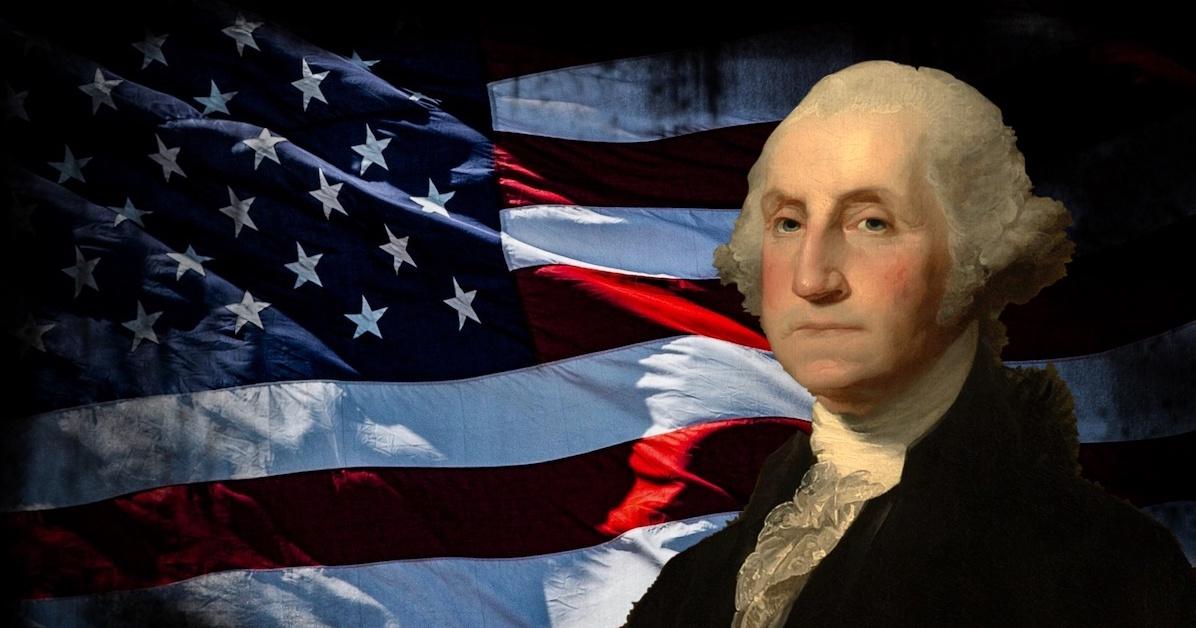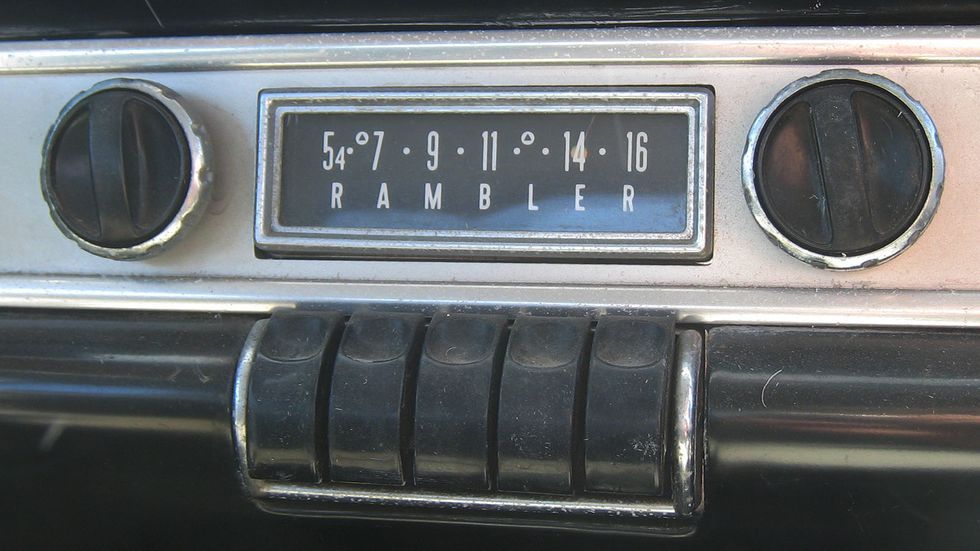By George, Give Him Back His Day
February 17, 2022
Our first president, George Washington, was robbed.
The third Monday in February is not President's Day. It's Washington's Birthday and has been since 1879. The day was celebrated on his actual birth date, February 22, until the Uniform Holidays Act of 1968 moved it to the third Monday in February. There was an effort in the early 1950s to change it to President's Day to celebrate all the presidents, more specifically, Abraham Lincoln, but this effort failed. Advertising campaigns in the 1980s promoting holiday sales unofficially changed the name, shortchanged our first president, and stole his day of recognition.

Although people across the country incorrectly think it’s a day to recognize all the presidents, if they think about it at all, the federal government still recognizes it as Washington's Day. Every year, to commemorate the holiday, a member of the Senate reads Washington's Farewell Address.
The address was published in Philadelphia’s American Daily Advertiser on September 19, 1796. Washington wanted to let the country know he would not seek a third term but instead return to Virginia to enjoy a well-earned retirement. He also wanted to praise the Union and warn its citizens of three things he believed would tear it apart. Unfortunately, his warning went unheeded.
At the time, many Americans still identified with their state or territory; North, South, East, and West. Washington said localized interests would weaken the country. He acknowledged the individual strengths and interests in each region. Still, he cautioned the greater power is in the whole and said, "all the parts combined cannot fail to find in the united mass of means and efforts greater strength, greater resource, proportionably greater security from external danger, a less frequent interruption of their peace by foreign nations; and, what is of inestimable value!” Yet, when the country faced one of its greatest threats, the spread and management of the Coronavirus, the response was haphazard and chaotic. Instead of a coordinated collective effort to protect its citizens; states, cities, and municipalities established their own rules and guidelines. The federal government assumed the unhelpful role of an indecisive yet scolding parent, and people were left wondering who to believe and who to follow.
Washington thought political parties were a threat to the union. While he tried to engage in respectful discourse to preserve national unity, Alexander Hamilton's Federalists and Thomas Jefferson's Republicans waged a rancorous partisan war. Washington warned parties “serve to organize faction, to give it an artificial and extraordinary force—to put in the place of the delegated will of the nation the will of a party," and further counseled political factions become "potent engines by which cunning, ambitious, and unprincipled men will be enabled to subvert the power of the people and to usurp for themselves the reins of government, destroying afterwards the very engines which have lifted them to unjust dominion.” The evidence of how crippled our system of government has become lies bare before us. The division between the two parties has widened to the degree no one can cross. Our elected leaders are afraid to build a bridge for fear that they will be thrown to their political death into the partisan chasm between the Republicans and Democrats.
Although Washington found benefit in foreign relations, he suggested a balanced approach, "cultivating peace and harmony with all." Washington cautioned, "The nation which indulges towards another an habitual hatred or an habitual fondness is in some degree a slave. It is a slave to its animosity or to its affection, either of which is sufficient to lead it astray from its duty and its interest.” Despite no longer wielding the sharpest super-power sword, the United States continues to threaten and sweet-talk its way through foreign relations. All while nations like Russia and China sit ready to destroy us economically or by the press of a nuclear button or computer keystroke.
The first public reading of Washington’s farewell took place before a joint session of Congress on February 22, 1862. An annual reading followed, but only the Senate continues the yearly tradition. The reading should serve as a reminder to congressional leaders of their responsibility to uphold these ideals. But like most traditions, it is repeated for repetition's sake.
Today’s deep partisan divide, state versus state, region over region, and a “for us or against us” approach to foreign policy, threatens to tear us apart. Washington's warnings have faded with time. But unlike the ink and parchment used to draft them, they remain relevant. The letter itself is a difficult read, written in the style of the time. But easier to consume analyses exist, even for the video inclined. Maybe on his birthday we should put the mattress, appliance, and grocery advertisements aside and spend some time with the letter instead.
It's Washington's day. Let's give it back to him.
Like what you read?
Subscribe to my mailing list and get notifications to your inbox when my next blog post goes live.
Contact Us
More By Joe


